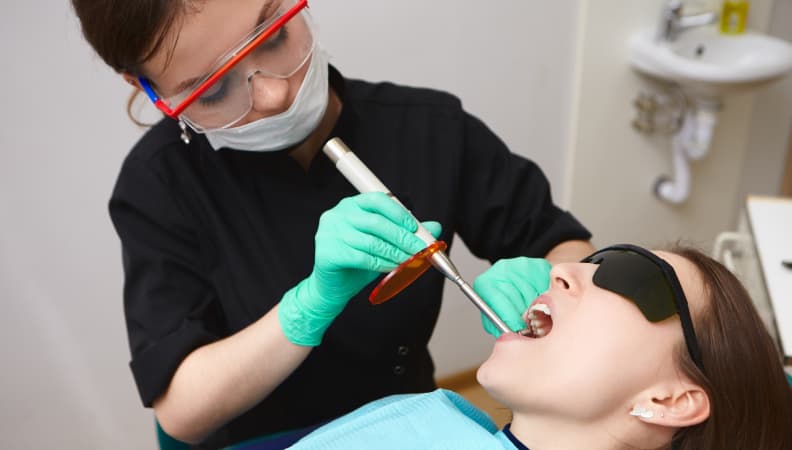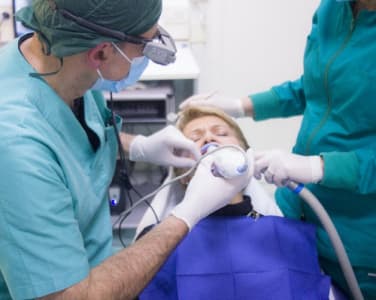Subtotal $0.00
Shopping cart
- Phone:+91-8902499778
- Phone:+91-9875394393
- 1 Barnes Jewish Hospital Plaza, United States

Pediatric dentistry is a specialized branch of dentistry dedicated to the oral health care of infants, children, adolescents, and individuals with special needs. Pediatric dentists undergo additional training beyond dental school to address the unique needs and developmental stages of young patients.
One of the primary goals of pediatric dentistry is preventive care. Pediatric dentists educate parents and caregivers about proper oral hygiene practices, including brushing, flossing, and diet, to establish good habits from an early age. They also provide services such as fluoride treatments and dental sealants to protect young teeth from decay.
Pediatric dentists are skilled in managing the dental needs of children, including routine check-ups, cleanings, and cavity treatments. They are experienced in handling the behavioral aspects of pediatric dental care, employing techniques to make dental visits comfortable and positive experiences for young patients.
Additionally, pediatric dentists address issues specific to childhood dental development, such as teething, thumb sucking, and early orthodontic intervention. They monitor dental growth and development to identify and address issues early, preventing potential problems as children transition into adolescence and adulthood.
Creating a welcoming and child-friendly environment is essential in pediatric dentistry, helping to alleviate fear and anxiety associated with dental visits. By providing compassionate care and fostering positive dental experiences, pediatric dentists play a vital role in promoting lifelong oral health and well-being for children.
Dental treatment encompasses a variety of procedures aimed at maintaining oral health and enhancing smiles. From routine cleanings and fillings to more complex interventions like root canals, extractions, and dental implants, each treatment targets specific dental issues. Orthodontic treatments, such as braces or aligners, correct misalignments and bite problems, while cosmetic procedures like teeth whitening or veneers improve aesthetics. Dental surgeries address advanced conditions like impacted wisdom teeth or gum disease. With advancements in technology and techniques, many treatments are now minimally invasive, ensuring both effectiveness and patient comfort. Dental treatment restores function, enhances appearance, and promotes overall well-being.

Healthy teeth are essential for overall well-being. Regular brushing and flossing remove plaque and prevent decay. A balanced diet low in sugars and acidic foods helps maintain enamel strength. Routine dental check-ups detect issues early. Avoiding tobacco products and excessive alcohol consumption also supports healthy gums and teeth.